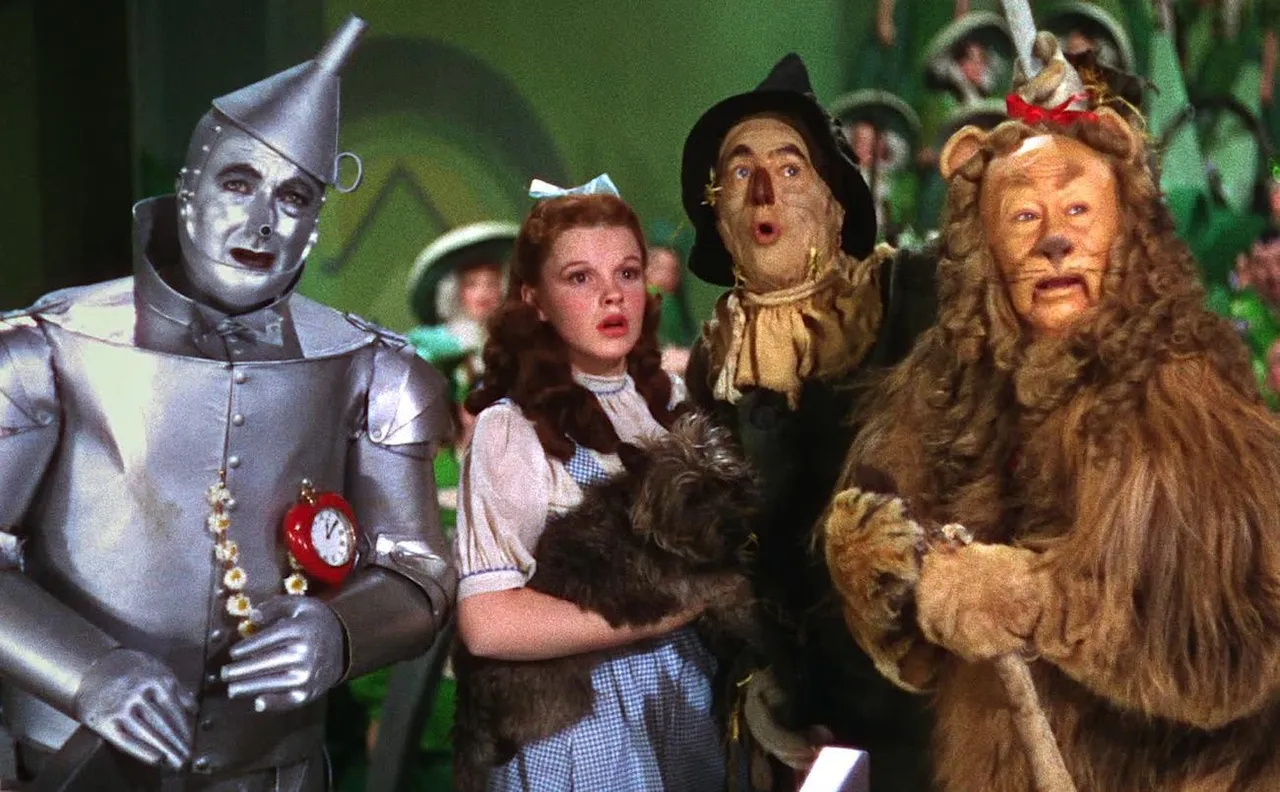
Think of Descartes in seventeenth-century France when he said "Cogito ergo sum", that famous "I think therefore I am". That therefore in the sentence is the most interesting part. He doesn't say "I think and I exist", he doesn't even say "as I am, then I think". For Descartes rational activity (thinking) was not derived from existence; quite the opposite. "I exist because I think"; that is, thinking is the basis of our existence. The question I ask myself now is: If I don't think, then do I exist?.
Let's do an imaginative exercise, not lacking in reality. Let's take a look at the world today. Humanity has achieved unprecedented technological advances and some totally unimaginable centuries ago. Leonardo Da Vinci, an advanced man for his time, left the principles of the helicopter and an endless number of advances that became concrete centuries later. Jules Verne, in his fictions, told a feat that seemed mere fantasy and that in the twentieth century managed to realize: the arrival of man to the moon.
At present, any calculation, however simple, is entrusted to our phone (or a calculator); any exercise of memory is a waste of time, because Google can take us out of doubt at any time, and if it is a personal memory, it will surely have a photo, a note, a chat, some "proof", all duly filed on our phone. And if we always have it there, within reach, why memorize it? And there is something even more serious: any knowledge we want to keep, will be virtually archived in an image, a pdf, a note, etc., so why reading Don Quixote for classes if I can get a summary of its arguments? Why reading a novel if the movie already exists? Why wasting time "thinking nonsense things" if I can use time to play on the PlayStation?
Reasoning led us to the science that produced this technology, but now it's used to increase our comfort and ironically, it's distancing us from that reasoning that originated it. We are stopping thinking! Our cognitive problems are delegated to our machines: laptops, smartphones, computers, there are all the answers. Humanity has never had greater volume of knowledge or greater degree of ignorance. For the most part, TV shows, film productions, music, video games, everything that surrounds us, have only one objective: entertainment. Entertainment has become a norm, an obligation, rather than a right or a complement. In a chaotic, messy, problematic world, people have decided to evade reality through the culture of fun and have chosen only to "have a good time".
I'm not saying it's wrong to have a good time, of course not. What is detrimental is to dedicate ourselves entirely to what should be only a part of our lives. What do we do in our free time? go to a soccer game, watch TV, check social networks, read portals or entertainment magazines ... but how many of us read books? and of those few, what do we read? and how many of us take time to think? Thinking has become a luxury, an activity exclusive to scientists or smart people over there in NASA. Most of society just wants to feel comfortable, at ease, and thinking is uncomfortable. Why? because the philosophical questions don't have a single answer that you can confirm in Google.What happens when we die? what is the truth? What are the limits of tolerance, of freedom? where do we come from? Where are we going? And this: what is the meaning of life? are questions that have no concrete or simple answers, but whose approach and analysis allow us to know ourselves and "When you get to know yourself, you are able to understand others and the reality that surrounds you" according to a quote attributed to Alexander the Great.
Philosophy is still a completely human area, because although the first robot in the world with a recognized citizenship and passport has already been built, it is called Sophia and is able to recognize faces, tell jokes and have a conversation, nobody can think for other person. Neither Google, nor Siri, nor Sophia can think for us. The use of reason is still a human prerogative of which we should make use. We live in an era in which it seems to be true that "the more intelligent our computer is, the more foolish we are" (words of Mario Vargas Llosa). These technological tools that simplify life to us, making it more comfortable, are also simplifying our minds, turning us into automaton slaves under the command of our own creation. Returning to the scene of Descartes in the mall, after having seen all this we've seen, having witnessed our slavery under the dominion of the lords smartphones and having been an anachronistic witness that we are not exercising our reason, that we're not thinking, what do you think he would do with the phone we delivered him? If we approach with this question: Monsieur Descartes, if we don't think, do we exist? What do you think he would answer? and even more important what do we think of ourselves?











